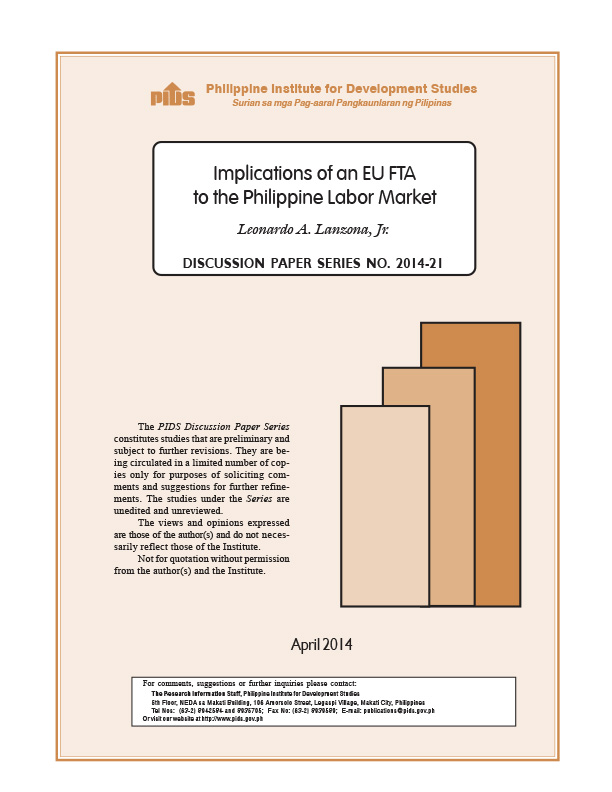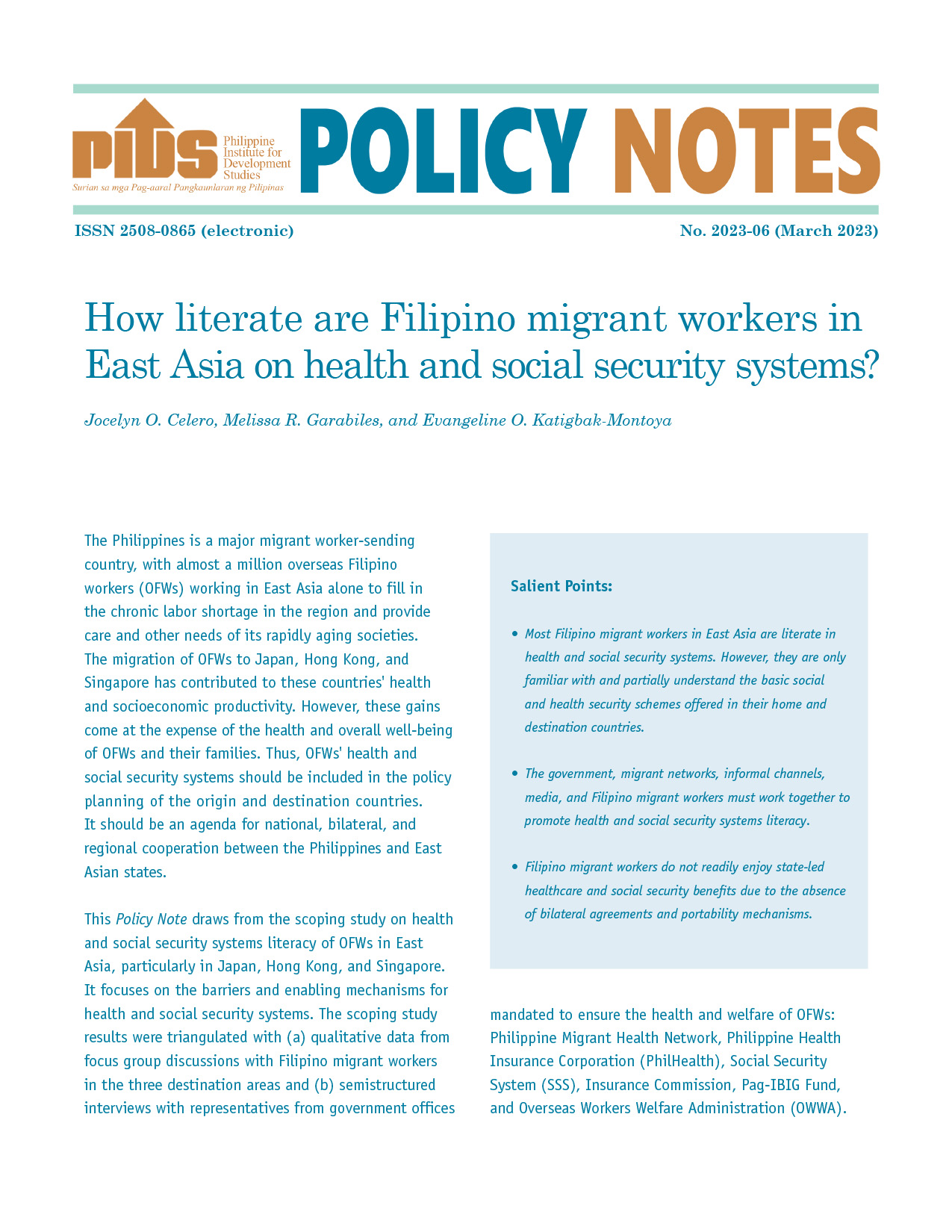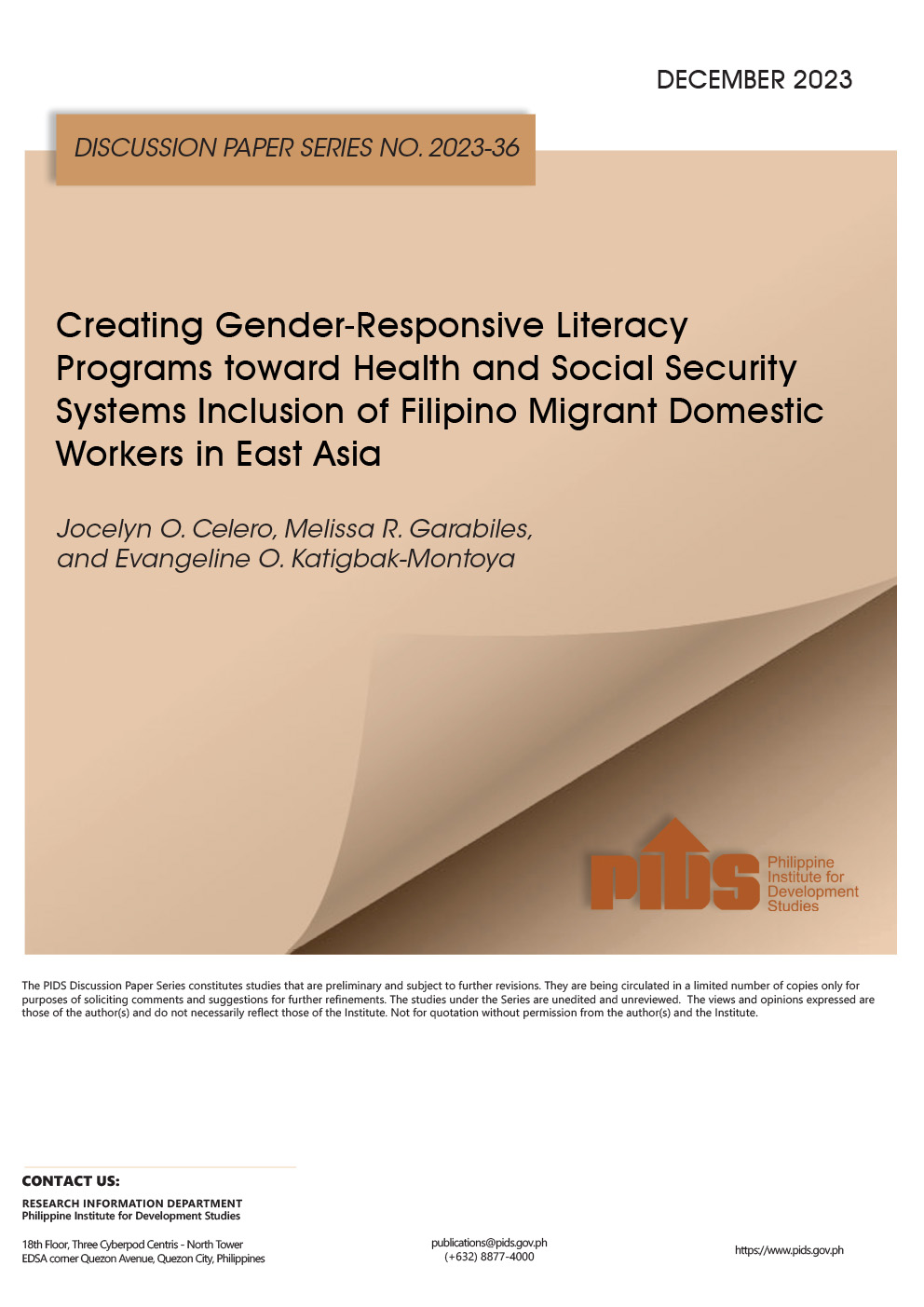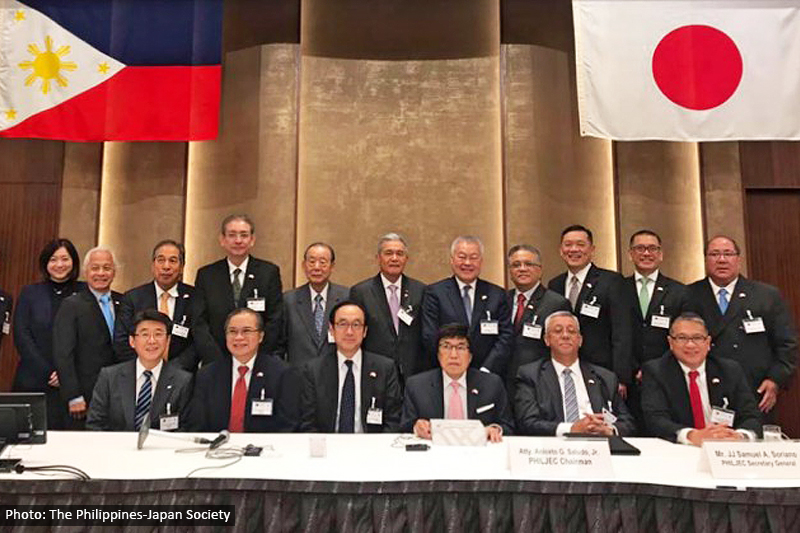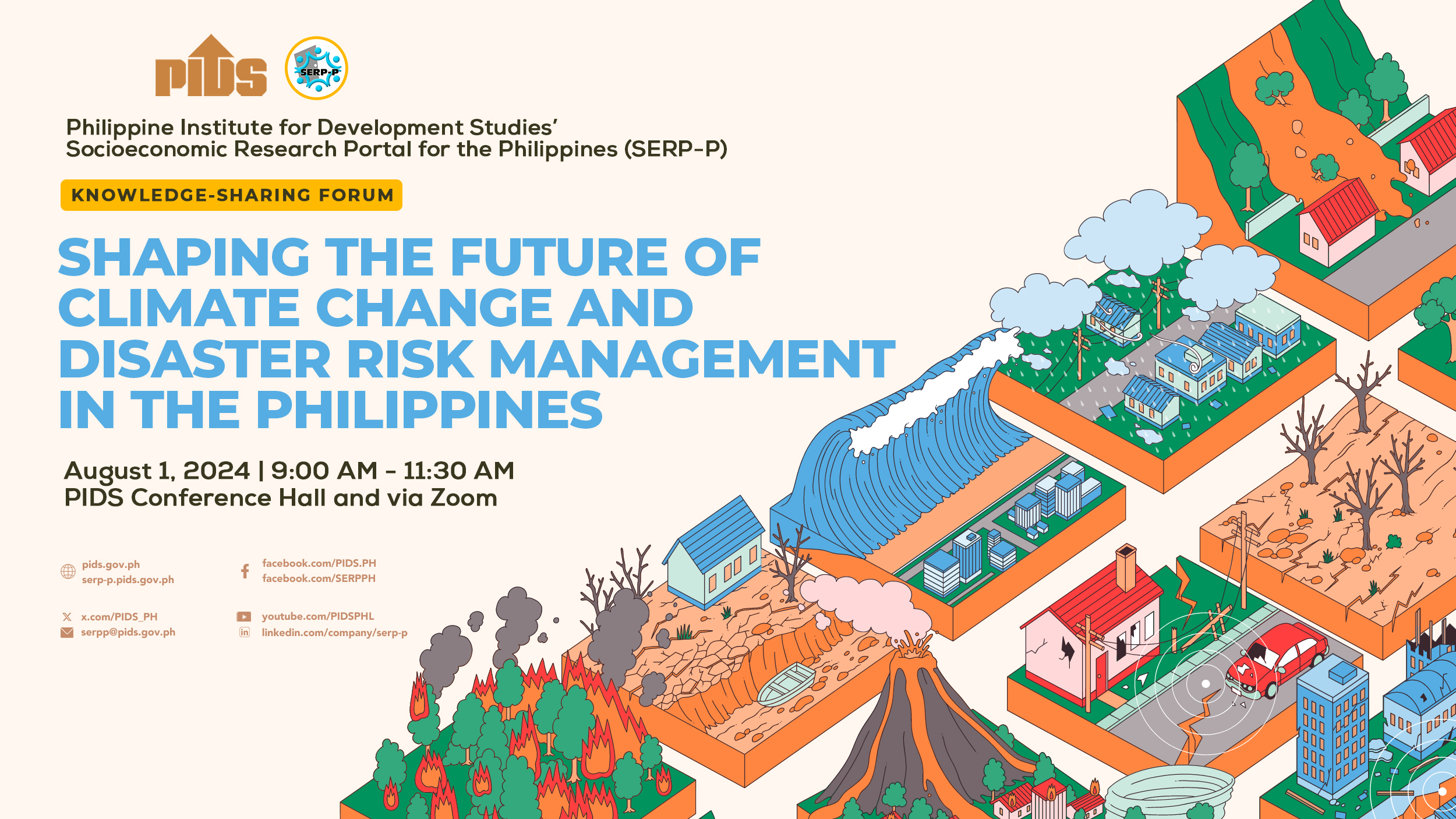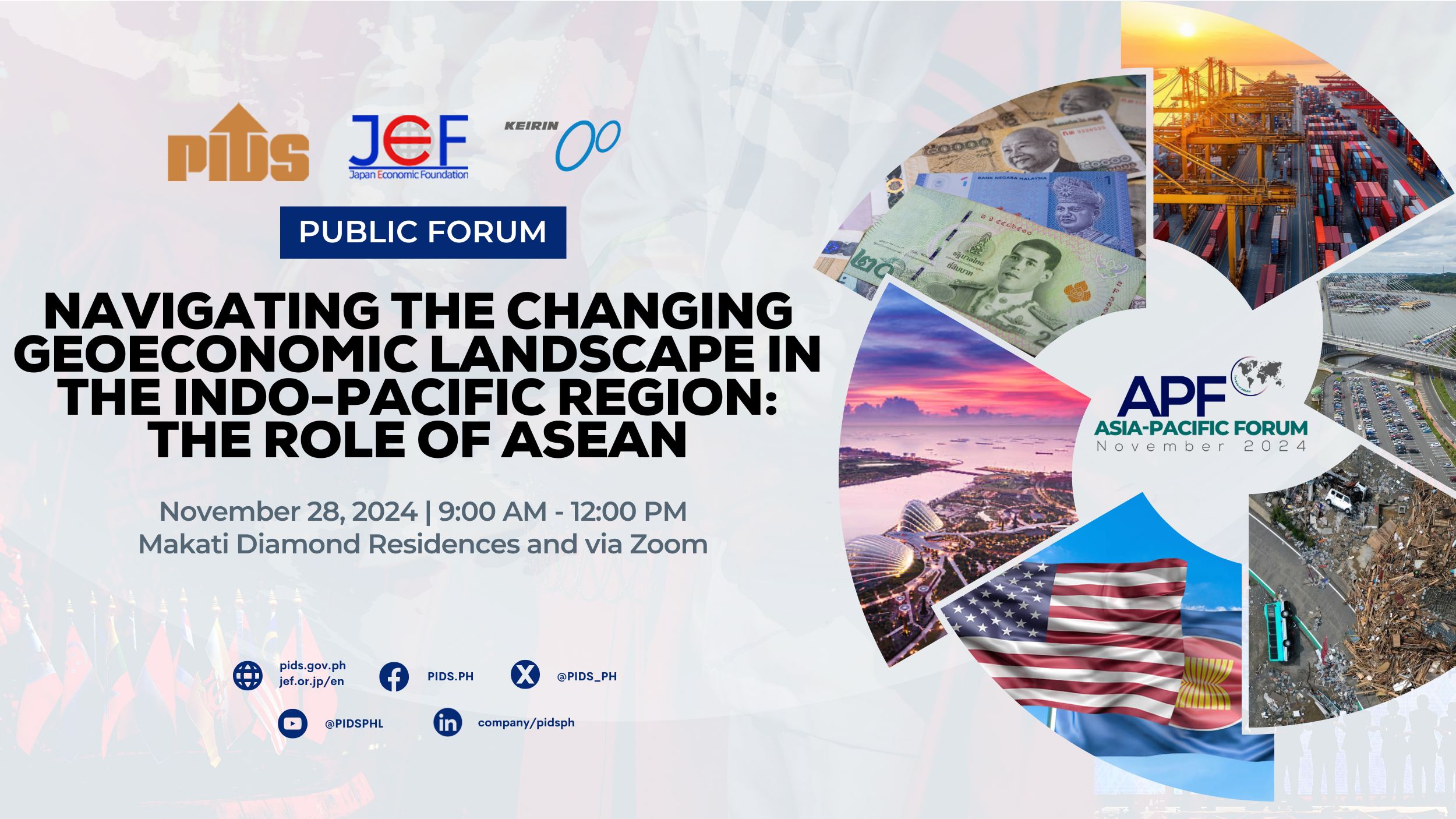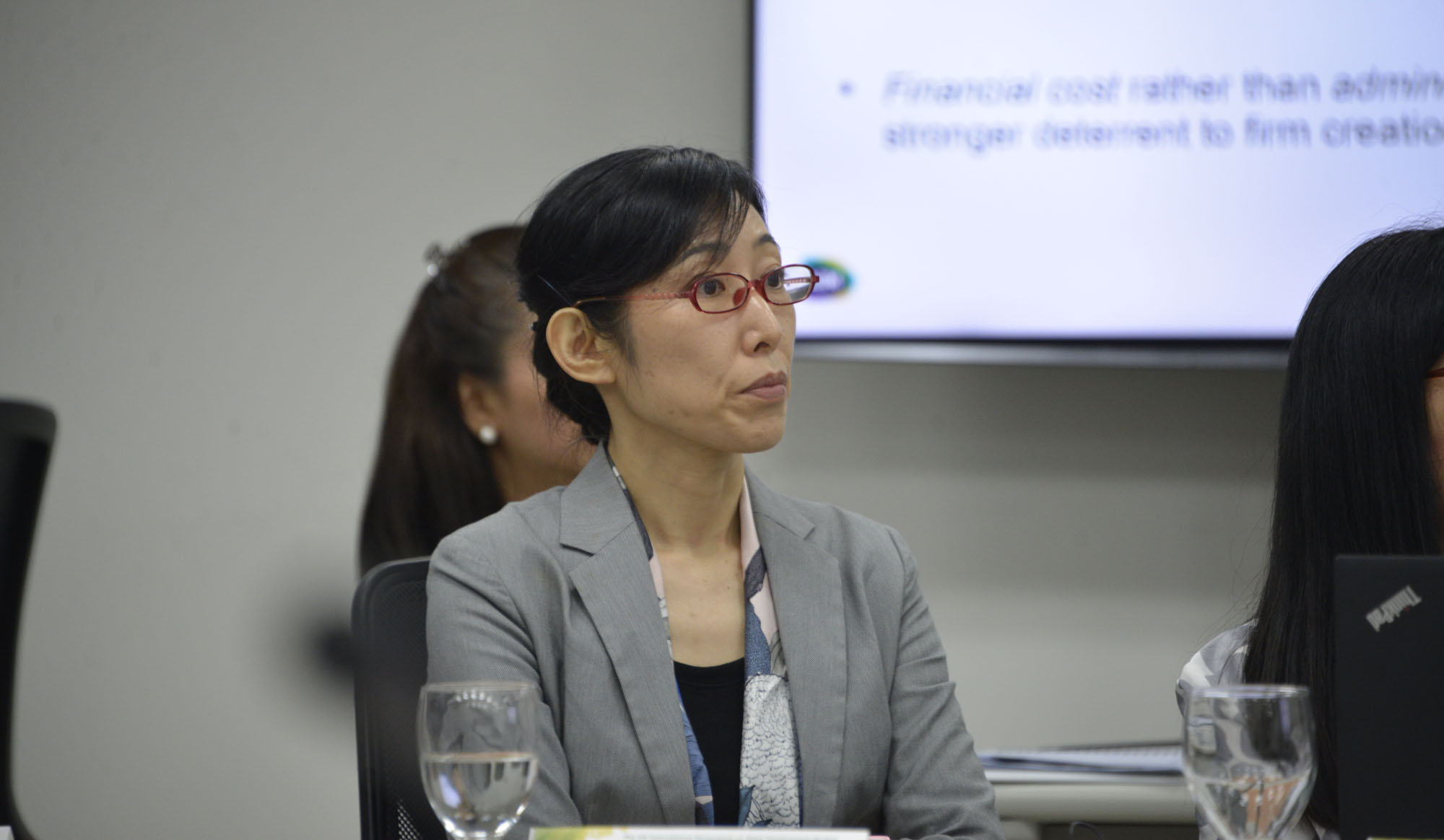
Expect Japan to boost its development assistance in the areas of infrastructure, disaster management, and defense in the Southeast Asian region, including the Philippines.
This was according to Nagoya University Professor Yukiko Nishikawa who presented her paper on Japan’s role in the development of the Association of Southeast Asian Nations (ASEAN) during the 4th International Symposium on Asian Development Studies held recently at the Philippine Institute for Development Studies in Quezon City.
Nishikawa noted that Japan’s relations with ASEAN have helped the former grow economically and politically. She added that Japan’s Official Development Assistance (ODA) to the region has been one of the largest, which focuses mainly on infrastructure development.
In the Philippines, for example, Japan has continuously provided infrastructure development aid as seen in reports to fund the rehabilitation of the Manila Metro Rail Transit 3 or MRT-3.
However, Nishikawa asserted that Japan and China are “competing for this [infrastructure development] area”, as the latter’s influence in the region increases. She said, however, that this apparent competition will benefit the ASEAN member-states as “they [will] have more bargaining power to gain better opportunities”.
ASEAN may also expect Japan to focus on a new area of cooperation in terms of defense aid, which according to Nishikawa is highly supported by Prime Minister Shinzo Abe.
“This is partly because Japan and China, and some other countries, continue to struggle to maintain security in the Pacific region,” she explained, adding that “Japan is also looking at the situation in the South China Sea.”
While Japan’s Official Development Assistance Charter specifically prohibits “any use of ODA for military purposes or for aggravation of international conflicts”, Nishikawa revealed that its ODA has been “very much securitized” and has contributed to the “political and defense area” in terms of international cooperation.
“Japan has contributed to providing ships and arms, nowadays, to Philippines and other Southeast Asian countries,” Nishikawa added.
In addition, Nishikawa said that Japan will increase its cooperation with ASEAN in terms of disaster management and highlighted its “comparative advantage to work with other countries” given its first-hand experience with disasters.
From 2012 to 2017, Japan funded the establishment of the Disaster Emergency Logistics System for ASEAN, which aimed to provide emergency relief items to ASEAN member-states in the event of a medium- to large-scale disaster. Its second phase has been implemented in 2018 and will end by 2020. It aims to advance the disaster emergency logistics of ASEAN member-states by building warehouses in the Philippines and Thailand to aid in faster disaster response.
The 4th International Symposium on Asian Development Studies with the theme “Development Cooperation in ASEAN” was jointly organized by the Korea Association of International Development and Cooperation and the PIDS. ###
This was according to Nagoya University Professor Yukiko Nishikawa who presented her paper on Japan’s role in the development of the Association of Southeast Asian Nations (ASEAN) during the 4th International Symposium on Asian Development Studies held recently at the Philippine Institute for Development Studies in Quezon City.
Nishikawa noted that Japan’s relations with ASEAN have helped the former grow economically and politically. She added that Japan’s Official Development Assistance (ODA) to the region has been one of the largest, which focuses mainly on infrastructure development.
In the Philippines, for example, Japan has continuously provided infrastructure development aid as seen in reports to fund the rehabilitation of the Manila Metro Rail Transit 3 or MRT-3.
However, Nishikawa asserted that Japan and China are “competing for this [infrastructure development] area”, as the latter’s influence in the region increases. She said, however, that this apparent competition will benefit the ASEAN member-states as “they [will] have more bargaining power to gain better opportunities”.
ASEAN may also expect Japan to focus on a new area of cooperation in terms of defense aid, which according to Nishikawa is highly supported by Prime Minister Shinzo Abe.
“This is partly because Japan and China, and some other countries, continue to struggle to maintain security in the Pacific region,” she explained, adding that “Japan is also looking at the situation in the South China Sea.”
While Japan’s Official Development Assistance Charter specifically prohibits “any use of ODA for military purposes or for aggravation of international conflicts”, Nishikawa revealed that its ODA has been “very much securitized” and has contributed to the “political and defense area” in terms of international cooperation.
“Japan has contributed to providing ships and arms, nowadays, to Philippines and other Southeast Asian countries,” Nishikawa added.
In addition, Nishikawa said that Japan will increase its cooperation with ASEAN in terms of disaster management and highlighted its “comparative advantage to work with other countries” given its first-hand experience with disasters.
From 2012 to 2017, Japan funded the establishment of the Disaster Emergency Logistics System for ASEAN, which aimed to provide emergency relief items to ASEAN member-states in the event of a medium- to large-scale disaster. Its second phase has been implemented in 2018 and will end by 2020. It aims to advance the disaster emergency logistics of ASEAN member-states by building warehouses in the Philippines and Thailand to aid in faster disaster response.
The 4th International Symposium on Asian Development Studies with the theme “Development Cooperation in ASEAN” was jointly organized by the Korea Association of International Development and Cooperation and the PIDS. ###

